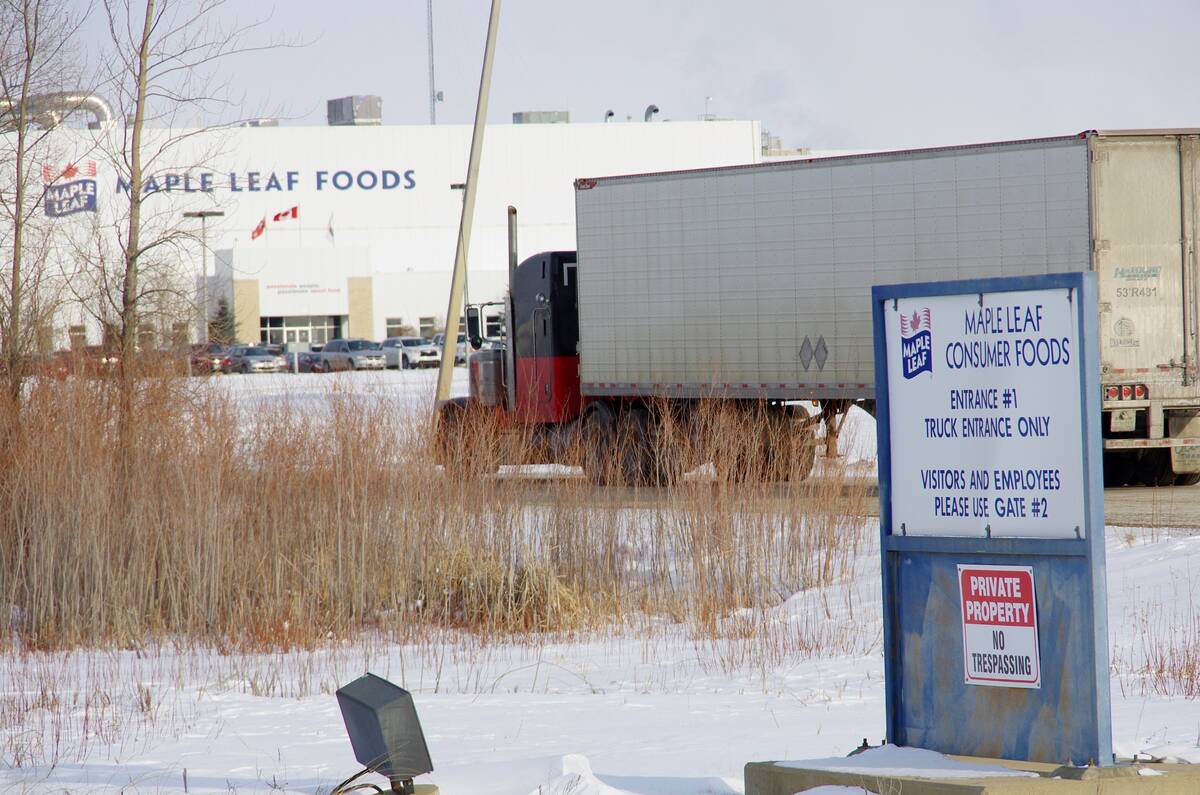Leaders of Canada’s beleaguered hog industry came away from a meeting with the federal agriculture minister last week without a specific promise of help but hopeful that the federal government will respond to the crisis.
Canadian Pork Council leaders will meet in early November to devise proposals for help and then meet again with senior federal officials.
“I would say at this point that everything is on the table,” council president Clare Schlegel said Oct. 25 from his southwestern Ontario farm.
“Ottawa has said it is going to be as creative as possible to help the industry and I take comfort from that.”
Read Also

Manitoba pork exports gain new market ground
Manitoba’s pork trade pivoted from China over the last five years, while Japan is remains the largest customer and South Korea and Mexico market footholds have grown
The group met with agriculture minister Gerry Ritz and senior departmental officials last week.
As a member of the Canadian Federation of Agriculture and the Canadian Agri-Food Trade Alliance, both in Ottawa last week to lobby, the pork council had two chances to talk to MPs about its member’s plight.
Export-dependent hog producers have been hit by the impact of a more valuable Canadian dollar against a weakening American currency, disease problems and rising feed costs fueled in part by demand for grain from the biofuel industry.
Schlegel said the proposed new farm support programs scheduled to take effect April 1, 2008, if federal and provincial ministers reach a deal would hurt rather than help.
The hog industry has had such a long stretch of poor returns that industry reference margins under a revised Canadian Agricultural Income Stabilization program would be so low that CAIS would not produce significant payments for hog producers.
A proposal to add a farmer investment portion to the top of the new safety net makes it worse because hog farmers do not have the money to invest to trigger government matching funds, said the pork council president.
“Actually, I think the new proposed system hurts us rather than helps us,” said Schlegel. “Loss of 100 percent CAIS coverage is not a good development, even though that program has not been working well for us.”
He said the options that are being debated within the industry range from input cost compensation, as has happened in Alberta, to better trade rules and a restructuring of the hog industry.
“There is discussion of maybe the need to downsize or maybe an exit strategy for producers if this trend of losses continues,” said the national hog producer president.
“We don’t want to talk about an exit strategy but the government understands this is a very serious issue. We expect some decisions after we return with some ideas in November.”














